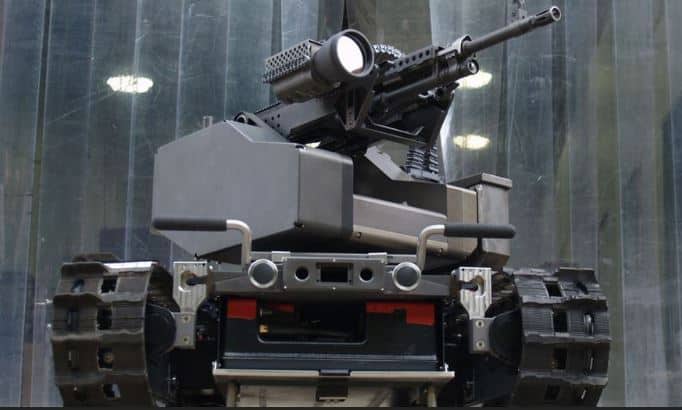Public backlash can lead government to reverse power overreaches, and to do so quickly.
On Tuesday of last week, the San Francisco Board of Supervisors voted to authorize police to use drones or robots to kill via remote control in the California city. Then, a week later — on Tuesday of this week, the board reversed course, voting to prohibit this siccing of killer robots or drones on people. The board voted 8-3 for the reversal — the same vote total by which the board the week before had approved the police using robots or drones to kill.
J.D. Morris reported at the San Francisco Chronicle that the reversal by the Board of Supervisors followed a “wave of public outcry from community members” and outvoted board members threatening they would push for the matter to be decided by a public vote if the board did not reverse its decision.
The remote killing authorization, though, is still not itself fully killed. Morris notes in his article:
After approving a new version of the police policy that bans officers from using robots to kill dangerous suspects such as mass shooters and suicide bombers, supervisors separately sent the original deadly robot provision of the policy back for further review.
The board’s Rules Committee may now choose to refine that provision — placing tighter limits on when police can use bomb-bearing robots with deadly force — or abandon it entirely, leaving in place the prohibition passed Tuesday.
Supervisors are expected to take a final vote on the new version of the policy that bans deadly robots — for now, at least — next week.
Concerned individuals in San Francisco will need to remain vigilant in their effort to ensure that a remote-control killing authorization does not creep back into the city’s police policy over the next week or in the longer term. And concerned individuals across America would do well to keep close watch over the police policies of their local, state, and national governments.


